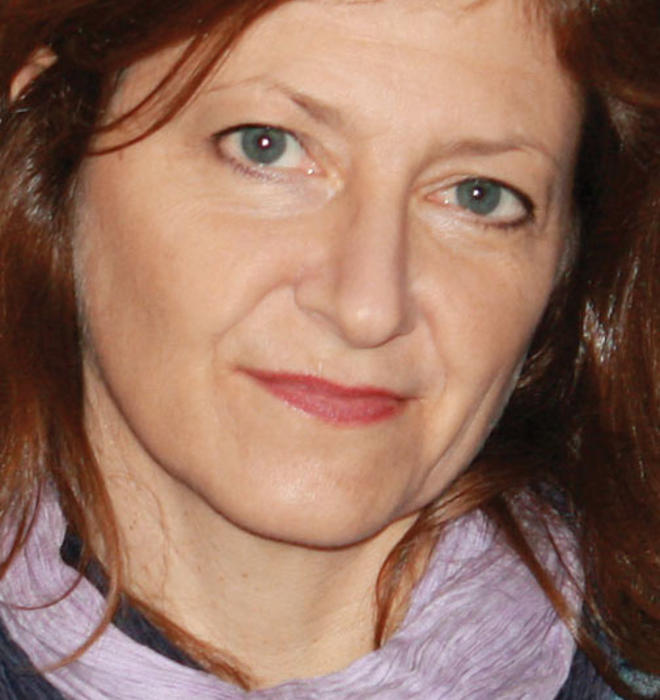
ON BOOKS: Read these books
PAW asked faculty members to respond to this question: What is the one book we all should read before we die — and why? Here’s what eight said ...
Deborah Prentice (above)
Psychology professor and department chairwoman
I would recommend Mother Nature by Sarah Blaffer Hrdy. It offers a scientific and, at the same time, profoundly humanistic account of motherhood, childhood, and the relation between the two. Mother Nature explains many of life’s great mysteries: the co-occurrence of maternal devotion and abandonment; how adorable we find even the ugliest of babies; why some have sons and others have daughters; and why grandparents are the best people on the planet. For anyone who has ever been a mother or had a mother, Mother Nature is essential reading.
Associate director and lecturer, Center for African American Studies
I would recommend The Warmth of Other Suns, by Isabel Wilkerson. Though it is nonfiction, the author does a masterful job of crafting the narrative so that the three figures whose oral histories form the basis for the book haunt the reader’s imagination long after the act of reading about them is completed.
This book humanizes the story of the Great Migration, the period of time between the two world wars when millions of African-Americans moved from rural areas to cities and from South to North in stunning numbers. We come to truly understand the extent to which these very different, but very average, everyday folk are historical actors who otherwise would not be visible in the arc of history. We celebrate their strength, courage, faith, and hope, and through them, come to know America just a little better.
Professor of economics
Everyone should try to read Adam Smith’s The Wealth of Nations before they die. My colleague Alan Krueger wrote a (very good) introduction to a paperback version that sells for almost nothing. ... Certainly this book has served him well; he currently is the chairman of President Obama’s Council of Economic Advisers.
But I say “try to read” because this book is long and, by modern sensibilities, very complex. I always recommend that one start with Chapter 10, which, like Chapter 10 in Das Kapital, deals with the wages of labor. It is well worth the effort to read it, and I still refer to a part of it in a lecture every year.
Professor of sociology and international affairs
It is too sad to think of only one book in a lifetime, so I will immediately cheat and suggest two: one for beauty and one for wisdom.
For beauty, I can’t think of anything lovelier than the Modern Library edition of W.H. Auden’s Collected Poems. For wisdom, anyone in or seeking power should read Christopher Browning’s Ordinary Men. The latter reveals how easily evil may be done, while the former persuades that there is still something to celebrate. “Musée des Beaux Arts” may actually accomplish both in fewer than 200 words.
Senior lecturer, molecular biology
Unbelievably, about 40 percent of Americans do not believe in evolution. I don’t know if a book alone can change that number, but Richard Dawkins’ The Greatest Show on Earth: The Evidence for Evolution is a book that just might.
Scientific literacy is of utmost importance to our society, and this book is so wonderfully and clearly written that everyone would benefit from reading it. Dawkins does a fantastic job of both explaining evolution and describing the evidence that supports it. Readers will gain a true appreciation of how the process of natural selection works. Dawkins draws from a range of amazing examples with equally beautiful illustrations that all contribute to making this a very accessible and interesting book.
Professor of ecology and evolutionary biology and public affairs, Woodrow Wilson School; director, Program in Environmental Studies
In 1934, Roger Tory Peterson published A Field Guide to the Birds. Using nontechnical language and simple illustrations, he created the first easy-to-use natural-history identification guide. Since then, the Peterson field guide series has expanded to cover everything from birds to butterflies and mushrooms to mammals, introducing millions of readers to the diversity of life. Pick up any of the Peterson guides and flip through the color illustrations. Marvel at the array of creatures in it. Look at the range maps and note how many of those species occur right where you live. Then ask yourself, “Why haven’t I noticed them before?” Answering that simple question could be the start of a new hobby ... or a new way of seeing the world.
Professor of English; acting director, Program in American Studies
Norton Juster’s The Phantom Tollbooth. If you missed this book when you were growing up — or if you were already “grown up” when it first appeared — grab a chair and join 10-year-old Milo on his strange, wonderful journey. Even if you read The Phantom Tollbooth as a child, read it again. Juster’s whimsical (yet serious) celebration of figurative language and wordplay, of puzzles and puzzlement, of imagination and delight, delivers (with the help of Jules Feiffer’s idiosyncratic line drawings) what Maria Tatar aptly calls a “kinesthetic” reading experience. Simply put, it may be the best book ever written about the escape from boredom into wonder.
Professor of English and theater; director, Program in Gender and Sexuality Studies
Feminist philosopher Judith Butler’s Gender Trouble tops my list of important books. Replete with insights drawn from poststructuralist theory, which rejects essentialist understandings of identity, Butler’s foundational study argues that gender (and by extrapolation sexuality, race, and ethnicity) is not innate and that gender doesn’t even exist, except as a cultural construction created by history and ideology.
Butler introduced the notion of gender as performance, a “surface enactment” that we learn through a “stylized repetition of acts,” rather than through the fulfillment of a pre-existing biological destiny. Her philosophy is dense; read it not to make sense of every word, but to glean the radical ideas that have fundamentally shifted our understanding of human subjectivity.


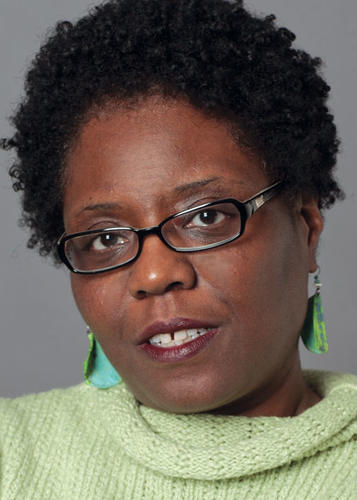
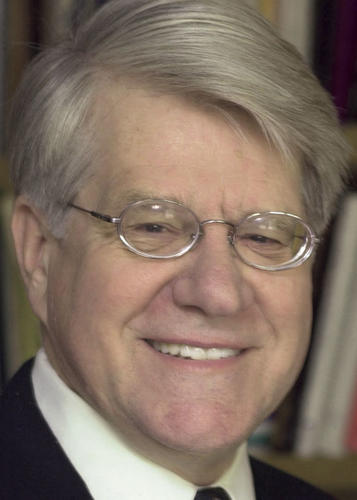
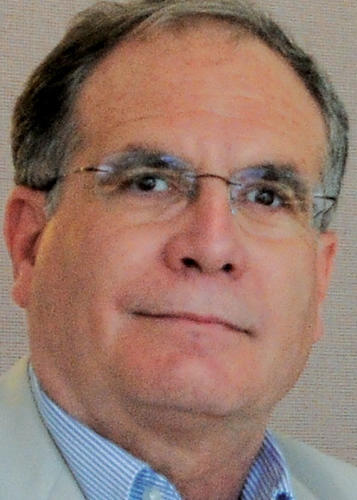
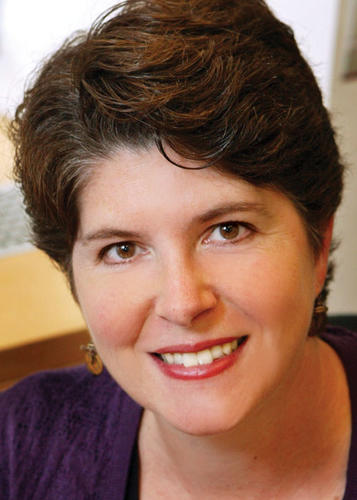
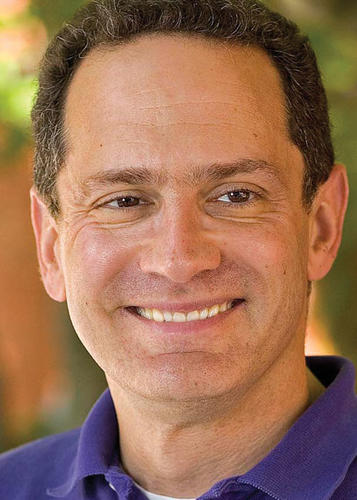
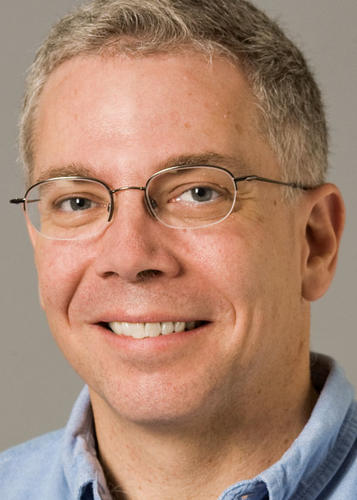
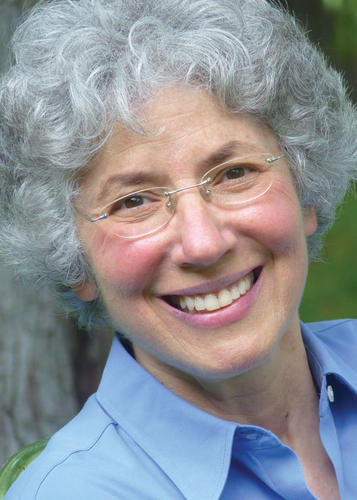




2 Responses
Richard Cummings ’59
10 Years AgoMust-reads: Different views
In “Read these books,” Jill S. Dolan, professor of English and director of the Program in Gender and Sexuality Studies, described Gender Trouble by Judith Butler as “tops on my list of important books.” According to Dolan, “Butler argues from poststructuralist theory that gender (and by extrapolation sexuality, race, and ethnicity) is not innate and that gender doesn’t even exist, except as a cultural construction created by history and ideology.” Dolan further relates that “Butler introduced the notion of gender as performance” that we learn through a “stylized repetition of acts,” rather than, as Dolan paraphrases her, “through the fulfillment of pre-existing biological destiny.”
I am familiar with feminist theory and have read Butler. When I first encountered her work, I thought she was writing some sort of parody of theory. Her analysis of gender as some sort of construct in the culture created by history and ideology is patently ludicrous, as is her dismissal of biology and anatomy. And while it is true that someone might attempt to switch genders through surgery and hormones, men who do this can never bear children, and women who do it can never impregnate a woman and are still capable of giving birth.
I see what Dolan is doing by her elevation of Butler as an attempt to totally feminize Princeton. As someone who supported coeducation, the hiring of women faculty and administrators, and the appointment of a woman as University president, I object to this attempt to denigrate masculinity by reducing it to a “cultural construction.” Butler is a hoax, and I am mortified that Professor Dolan foists this nonsense on her students. Princeton does not need Judith Butler. What it needs is a winning football team.
James W. Seymore ’65
10 Years AgoMust-reads: Different views
Re “Read these books” (feature, Jan. 18): I’m astonished that not one of these distinguished professors recommended the Bible! Even an atheist such as I must recognize the bedrock importance of the Bible to Western thought and literature. And where is one representative book from the literary canon? I’m saddened and disappointed that Princeton professors would choose such ephemeral works (with the possible exception of The Wealth of Nations) as the must-read book in life. Or were the criteria for their choices limited in some way not mentioned in the article?
Editor’s note: Faculty members were not limited in their choice of books.